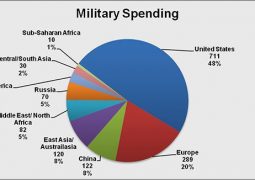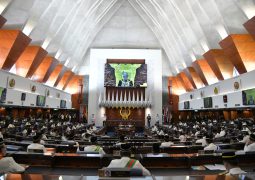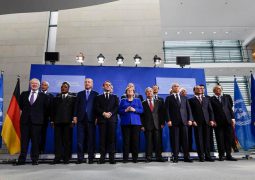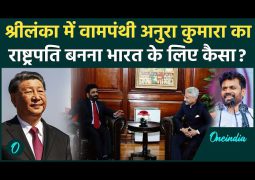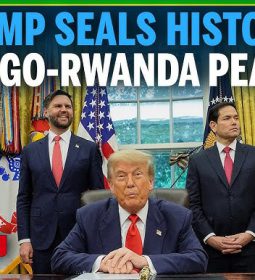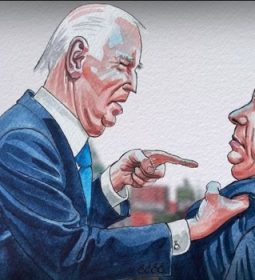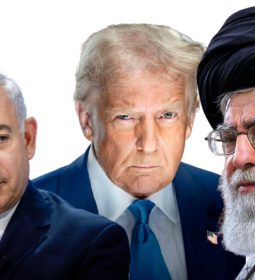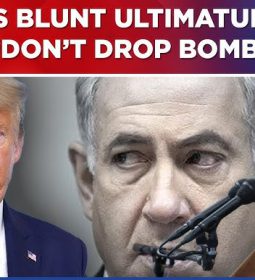Taiwan Fears Becoming a Pawn in Donald Trump’s Game
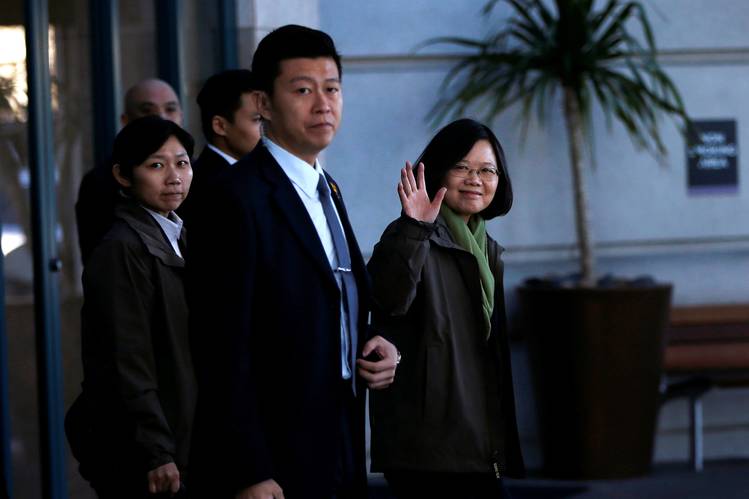
TAIPEI—The elation Donald Trump stirred in Taiwan when he chatted by phone with the island’s president is turning into doubt as some Taiwanese fear the new U.S. administration will use the island as a bargaining chip with China.
With the call and other statements as president-elect, Mr. Trump showed a willingness to break with decades of convention and confront Beijing over its policy of politically isolating the rival government in Taiwan.
Last week, however, he suggested anew in an interview with The Wall Street Journal that he is open to negotiation on Taiwan depending on China’s stance on trade and other issues.
Taiwanese media commentaries, academics and politicians in both the ruling and opposition parties expressed fears that the new U.S. president will discard the island’s interests in return for concessions from Beijing.
President Tsai Ing-wen’s camp has sought out people around Mr. Trump to clarify his position, a person familiar with the effort said. The Foreign Ministry and Ms. Tsai’s spokesman declined to comment.
“We have to let Trump know Taiwan is very important and it cannot be a bargaining chip,” said Lin Ting-hui, vice president of Prospect Foundation, an influential think tank in Taiwan.
Most people in Taiwan want the benefits that come with having smooth relations with China, according to polls, but aren’t interested in Beijing’s goal of political reunification and insistence that both sides are part of “One China.” Taiwanese are also wary that their economy is being hollowed out by the mainland’s economic pull.
Taiwan has played a balancing act in recent years, trying to leverage U.S. backing enough to keep China at bay without provoking Beijing into cutting commercial ties or launching an attack—as Chinese leaders have said might be necessary to force reunification.
By making December’s call to Mr. Trump, Ms. Tsai wanted to ensure relations with the U.S. remain friendly, an adviser to her has said. He urged Beijing to view the call “in a calm manner.”
China has over the past year stepped up pressure on Ms. Tsai’s government to be more accommodating to its interests. It has cut a formal communications channel, blocked Taiwan’s participation in a number of international meetings, sent warships and jets near the island and begun to pare away Taipei’s few remaining diplomatic partners.
On Wednesday, China’s Foreign Ministry urged Washington to block a Taiwanese delegation from attending Mr. Trump’s inauguration on Friday, despite similar representation at previous inaugurals.
The president-elect’s transition team didn’t respond to a request for comment on the matter.
Mr. Trump’s remarks have tapped a long-running vein of insecurity in Taiwan over its political fate. A U.S. ally after Chiang Kai-shek fled civil war in the mainland with his Nationalist government in 1949, Taiwan later saw Washington cut ties as demanded by Beijing to open diplomatic relations in 1979.
Since then, while the U.S. maintains defense and other ties, communication with the island’s government has been left to lower-level officials.
Mr. Trump seemed to signal a new approach when he took the congratulatory phone call from Ms. Tsai, then tweeted about it. Ten days later he suggested the “One China” policy was of questionable value if there were no concessions on trade or currency issues.
He frayed nerves further last week. When asked about relations with Beijing in the Journal interview, he said, “Everything is under negotiation, including ‘One China.’ ”
Beijing shot back that “One China” isn’t negotiable and that the policy is the foundation of U.S.-China ties.
The Liberty Times, a Taiwanese newspaper seen as supportive of President Tsai, registered its discomfort with Mr. Trump’s remarks.
“This statement makes it clear that he approaches foreign policy in the same way he approaches a business negotiation, which means that any issue can be dealt with as a bargaining chip to be traded. This approach leaves no room for universal values, and it means that there are no eternal friends or enemies,” its editorial said.
Lo Chih-Cheng, a legislator from Ms. Tsai’s Democratic Progressive Party, said that Beijing’s strategy is to isolate Taiwan, but that the opportunities the Trump administration may offer bring uncertainties.

Mr. Trump’s stated intention to get tough with Beijing on trade could affect Taiwan, which sends about 40% of its exports to China. Those exports include electronic components used in an array of products—such as iPhones and iPads—that are assembled in China and shipped to abroad. U.S. trade tariffs could inflict significant collateral damage on companies in Taiwan.
“There would be an indirect impact on Taiwan’s economy,” said Mr. Lo. “We don’t want to be on the bargaining table.”
Taiwanese take pride in the country’s evolution to a democracy with rule of law and respect for human rights. Mr. Trump didn’t mention any of that in his remarks, adding to concerns.
In his interview with the Journal, Mr. Trump explained that he spoke with Ms. Tsai in part because the U.S. sells Taiwan “the latest and greatest military equipment.”
That, too, rankled some, since Taiwan has requested advanced models of F-16 jet fighters, but the U.S. has thus far declined to supply them.
—Jenny W. Hsu in Hong Kong contributed to this article.
Write to William Kazer at william.kazer@wsj.com
- Previous How to Deal With Trump — Reassurance From a Chinese Think Tank
- Next Oil-Output Cuts Proceeding Faster Than Planned




